Protecting The Environment
Rotary members are tackling environmental issues the way they always do: coming up with projects, using their connections to change policy and planning for the future.
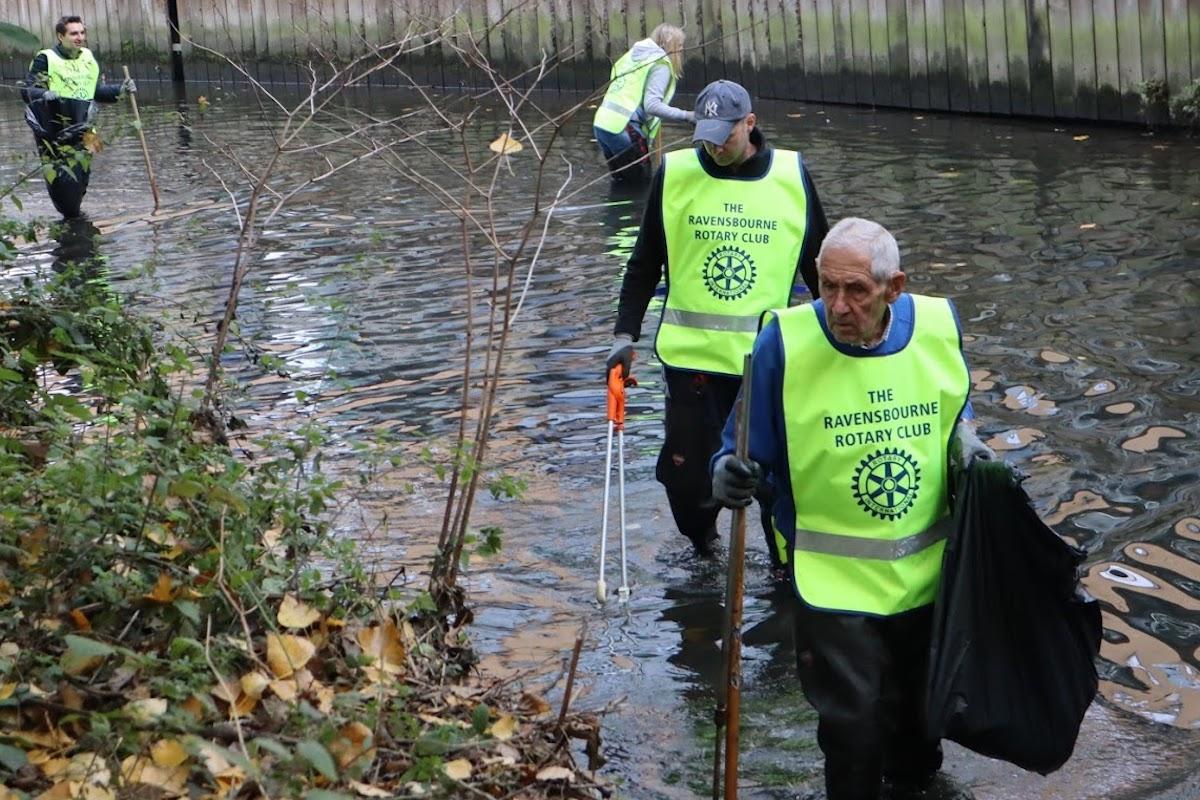
Together, We Will Inspire The World
Shelterbox
" The environment has become Rotary’s seventh area of focus at a time when the world’s infrastructure is crumbling. We see the images of horrendous disasters, such as flooding and drought, but what is the reality?" - Lucy Carr from ShelterBox, Rotary’s project partners in disaster relief, says Climate Change Is A Human Crisis.
Reduce Plastic Waste
Avoid single-use plastics (bags, straws, bottles, cups & lids). There are 7.7 billion single use bottles used in the UK each year (source: Kids Against Plastics). Instead of buying individually-packaged drinks, consider buying a bulk container of the beverage you want and buying a reusable water bottle.
Plastic grocery-type bags that get thrown out and end up in landfills or in other parts of the environment. These can suffocate animals. Also, it takes a while for the bags to decompose.
Use Less Paper
Most of us print something at least once a week, and then print on just one side of the paper. It might seem like a little thing, but if you devote some effort to saving paper, you could conserve a lot of paper products every year.
Send out club minutes and club newsletters electronically. All Rotarians can elect within the Database Management System (DMS) to receive the Rotary magazine electronically.
Working With Other Groups
Do what Rotary does best - try to work with schools and other local groups on environmental projects.
Try to get schools to become a Plastics Clever School using resources for the curriculum from Kids Against plastics.
Schools may also like to paricipate in the Rotary Young Environmentalist Competition.
Your club could organise a beach clean as part of the Great British Beach Clean log the event on the Marine Conservation Society's website.
Environmental Sustainability Advocacy
Take to social media with messages on how your club is reducing its carbon footprint, helping to reduce climate change, tackling single use plastics and helping to supporting biodiversity.
Follow the lead taken by the Rotary Club of Maidstone Riverside in producing a monthly environmental newsletter for Rotarians, friends and others within the local community.
Join in with others around the world on social media in raising awareness for Environmental Sustainability on Earth Day, World Bee Day and World Environment Day.
Great British Beach Clean
Every September thousands of people across the UK head to the coast to take part in the Great British Beach Clean. Find out how you can get involved and how it helps
Earth Day
Growing out of the first Earth Day in 1970, Earth Day is now the world’s largest recruiter to the environmental movement, working with more than 75,000 partners in over 190 countries to drive positive action for our planet. Earth Day is held on 22nd April each year.
World Bee Day
World Bee Day is on the 20th of May each year and is an ideal opportunity to raise awareness of the importance of wildflower meadows and our pollinators.
World Environment Day
World Environment Day is celebrated on 5 June every year and is the principal vehicle of the United Nations for encouraging awareness and action for the protection of the environment. Help to raise awareness about environmental sustainability on World Environment Day
ESRAG has produced a Rotary Handbook with a toolkit for World Environment Day.
Environmental Speakers
Consider having a speaker at one of your club's meetings to help raise awareness of environmental issues.
Resources
Environtmental Sustainability Rotary Action Group
Rotary GB&I - Environmental Projects & Leaflets
Speak Up For Our Planet - Youtube talks
Terracycle - Eliminating the idea of waste
Keep Britain Tidy - Great Spring Clean
Pawprint - carbon footprint calculator & suggestions for reducing energy emissions
39 Ways To Save The Planet - BBC Four podcasts
Support
For more information or help getting an environmental project underway please email the District Environment Lead at environment@rotarysoutheast.org
Protecting The Environment sub-pages:
Environment for Members
(members only log in for more information)

Environmental Updates from the Riverside
more A monthly review of the environmental issues with Ideas how we can all play our part
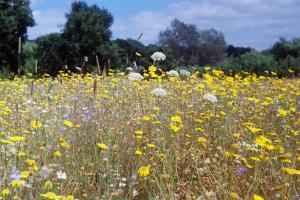
Biodiversity
more Protecting our natural world

The Weird Fish Lady Blog
more Rotarian Gloria Barnett talks about all things environmental
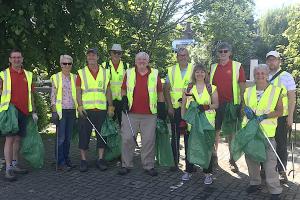
50 Leading Clubs Supporting the Environment
more Clubs within Rotary South East that are Supporting The Environment
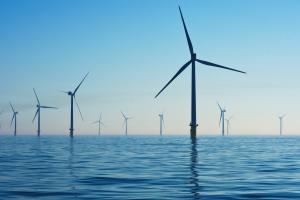
Reducing Our Carbon Footprint
more Reducing our dependency on fossil fuels
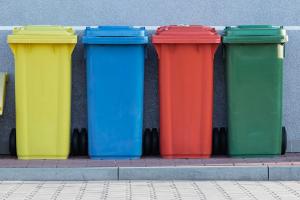
Recycling
more Avoiding landfill and reusing materials to make new products
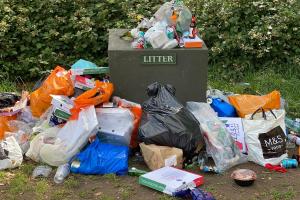
Tackling Litter
more Helping to clean up our communities
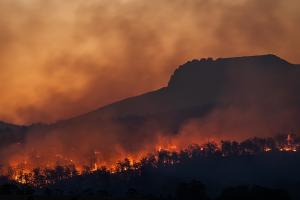
Climate Change
more Global warming causes and effects
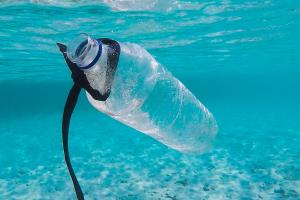
Protecting The Marine Environment
more Facing three huge threats: overfishing, pollution & climate change